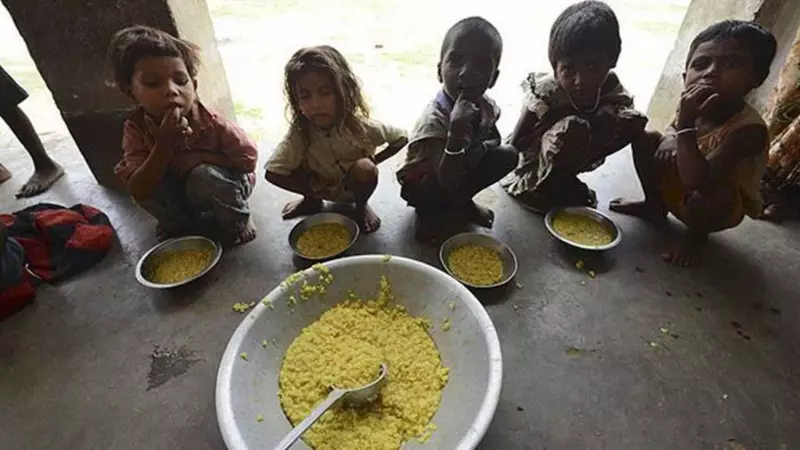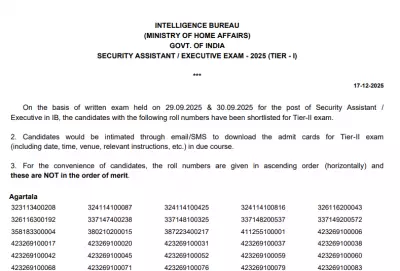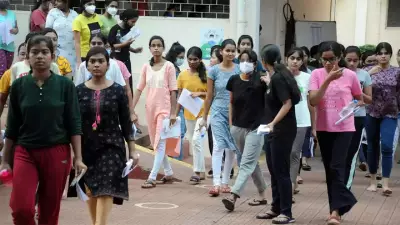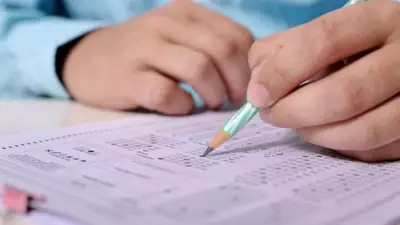
In a significant move to enhance child nutrition and learning outcomes, the Central government is pushing for a major expansion of the PM Poshan scheme to include breakfast meals in government schools across India.
Breaking New Ground in School Nutrition
The proposal, currently under discussion with state governments, represents the first major expansion of the school meal program since its inception. The initiative aims to address the critical issue of classroom hunger that affects millions of children from economically disadvantaged backgrounds.
Cost-Sharing Model: How It Works
The Centre has proposed a collaborative funding approach where both the central and state governments would share the financial responsibility for implementing the breakfast program. This partnership model is designed to ensure sustainable implementation while maintaining the quality of meals provided.
Key benefits of the proposed breakfast scheme include:
- Improved concentration and academic performance among students
- Better nutritional outcomes for growing children
- Reduced classroom hunger and absenteeism
- Enhanced learning environment in government schools
Building on PM Poshan's Success
The existing PM Poshan scheme (formerly known as the Mid-Day Meal Scheme) has been instrumental in boosting school enrollment and retention rates. The addition of breakfast meals is expected to further strengthen these positive outcomes while addressing the nutritional needs of children more comprehensively.
Education experts and nutrition specialists have long advocated for morning meals in schools, citing numerous studies that demonstrate the positive impact of breakfast on cognitive function, memory retention, and overall academic achievement.
What's Next for the Initiative?
While the proposal has generated significant interest among state governments, the final implementation details, including the specific cost-sharing ratios and menu planning, are still being negotiated. The success of this initiative will depend on effective coordination between central and state authorities, as well as robust monitoring mechanisms to ensure quality standards.
This expansion comes at a crucial time when India continues to battle malnutrition and learning gaps among school-going children, making it a potentially transformative step in the country's education and public health landscape.





